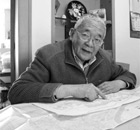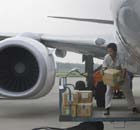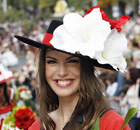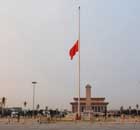Rescue & Aid
Sichuan opens doors to injured
By Huang Zhiling (China Daily)
Updated: 2010-04-17 09:11
 |
Large Medium Small |
CHENGGDU - Lying on a tiny bed in the corridor of the Sichuan Provincial Emergency Center in the provincial capital of Sichuan, a Tibetan named Drolma, 82, prayed alone for the deceased in her quake-battered home county of Yushu in Qinghai province.
From Thursday evening to early Friday morning, 183 people injured in the quake were transferred to the Sichuan Provincial People's Hospital, the Huaxi Hospital of Sichuan University and the Chengdu Military Area Command General Hospital in Chengdu for treatment.
They mainly suffered bone fractures, head and inner organ injuries, and internal bleeding. Some will undergo operations in two or three days.
"Patients first have to adjust to the low-altitude climate and take in enough nutrition," said Tu Chongqi, chief of the Orthopedics Department of the Huaxi Hospital.
Yushu is over 4,000 meters above sea level while Chengdu is some 500 m above sea level.
Duo Ji, 3, the youngest quake victim seeking treatment in Chengdu, lost his parents in the earthquake.
"We haven't told him the truth. We sang him a Tibetan lullaby, gave him sweets and dolls to make him sleep for a while. But it didn't work. He's cried since he arrived," said a Tibetan student volunteer with the Chengdu-based Southwest University of Nationalities.
Tibetan volunteers interpreting for the wounded and medics were in all three hospitals as the overwhelming majority of the wounded were Tibetans.
"They came from the Southwest University of Nationalities and Tanggulafeng, a Tibetan song and dance troupe in Chengdu, and Tibetans studying in Beijing," said a 24-year-old performer in the troupe.
Zhang Ao contributed to the story.













